The Steel Industry (Special Measures) Bill: Enabling Further Government Overreach In The Name Of Climate
The steel industry is suffering because of to much government policy, here is how more, not less, government policy is supposed to fix it
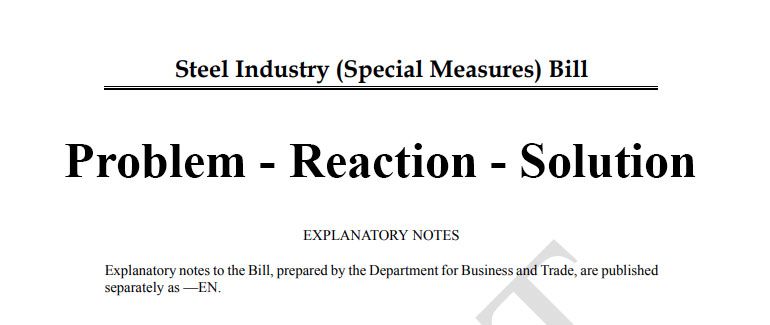
The Steel Industry (Special Measures) Bill, introduced in draft form by the UK Government in 2025, is being touted as a bold intervention to safeguard the nation’s steel sector. Championed by Secretary of State for Business and Trade Jonathan Reynolds, the Bill empowers the government to secure the continued and safe use of steel undertaking assets in England and Wales. That is probably a good idea because the nations steel industry has been on the path of orchestrated destruction for decades! While its intent is to bolster an industry critical to economic stability and national security, the legislation’s sweeping powers raise concerns about overreach, financial burdens, and unintended consequences.
Could this controlled demolition have been carried out on purpose and this bill is another step along the same or worse path? Let’s take a look at what has just happened this weekend with the new Steel Industry Bill and the dire situation the industry faces.
Overview of the Bill and Its Provisions
The Steel Industry (Special Measures) Bill grants the Secretary of State extensive authority to intervene in steel undertakings—businesses involved in steel manufacturing—when their assets cease operation or are at risk of doing so, and continued use is deemed in the public interest. Under Section 2, the government can issue notices directing how assets are used, mandating actions like entering contracts, appointing officers, or refraining from insolvency proceedings. Non-compliance triggers severe consequences, including asset seizure (Section 3), criminal penalties of up to two years’ imprisonment or fines (Section 4), and High Court injunctions (Section 5).
Potential for Negative Use and Overreach
The Root Cause Of It All - Net Zero, CO2 Demonisation
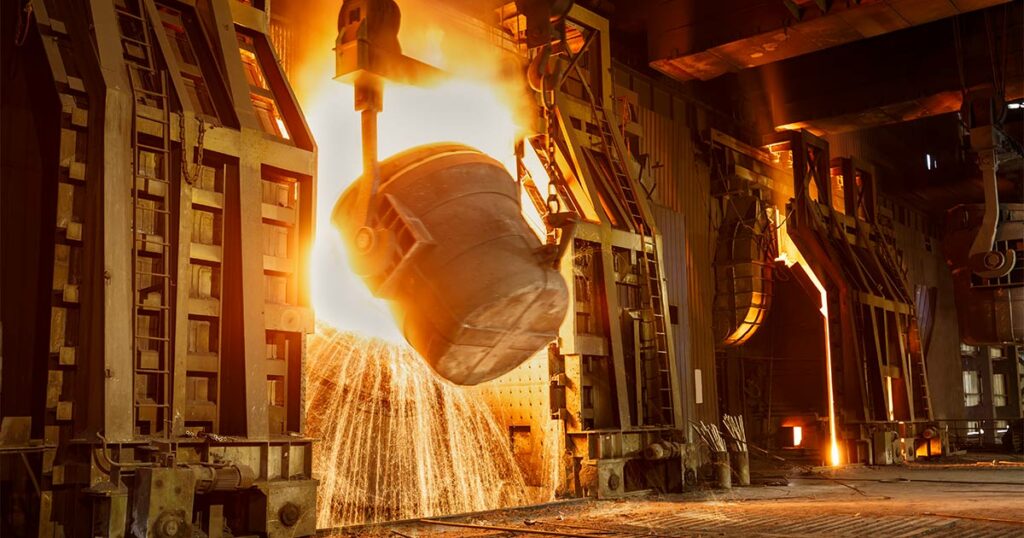
The Bill’s emergence is inseparable from the UK’s net zero agenda and the demonisation of CO2 emissions. Successive governments have prioritised decarbonisation over all else, with policies like the 2008 Climate Change Act and 2050 net zero target driving transformative industrial changes. Steel, a carbon-intensive sector, has faced intense scrutiny, with high energy costs from green levies and pressure to adopt costly low-carbon technologies like electric arc furnaces. The closure of traditional blast furnaces, such as those at Port Talbot, reflects this shift, at the expense of jobs and production capacity.
The vilification of CO2 as a pollutant, rather than a natural byproduct of industrial progress, has accelerated these pressures. Political narratives framing emissions as an existential threat have justified stringent regulations, sidelining pragmatic considerations of economic viability. For steelmakers, this translates into uncompetitive operating costs compared to nations with looser environmental standards, like China. The Bill, in part, responds to this crisis, aiming to prevent asset losses as firms buckle under net zero mandates. However, it risks treating symptoms—plant closures—without addressing the root cause: a policy framework that prioritises emissions reduction over industrial resilience.
Given the track record of this Labour government, unfortunately it seems nothing is done in the interests of the people and everything is done to further try and control and extract wealth from them. Something had to be done to save our steel production because having it in the hands of China and India is not a good idea! To have the industry in UK hands for the UK people, free from burdensome CO2 regulations is how we salvage this mess. In fact, it is only because of these burdensome regulations that the industry is in this problem already. Again we have to ask, is this all being done by design, and on purpose?
The Steel Industry Crisis Summed Up
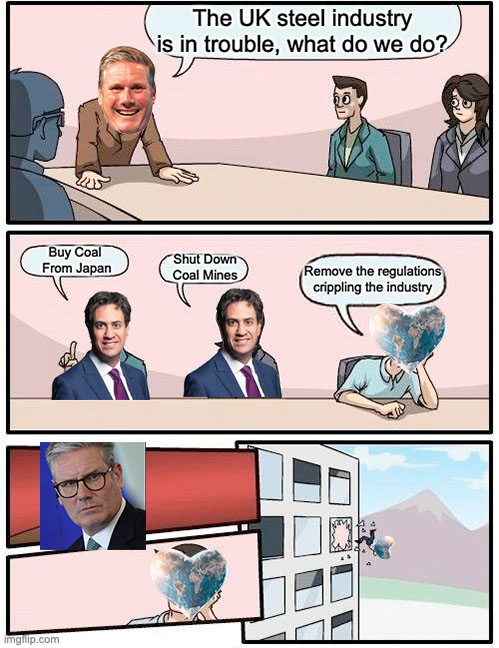
Continue Your Learning

Climate Working Group Disbanded
Our enemies cannot handle a debate because the truth is too powerful. Instead, they do everything possible to silence opposition.
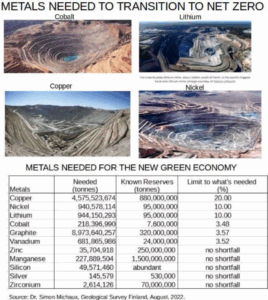
Net Zero Is Mathematically Impossible
Not only does net zero fail a logic test, it fails a maths test even more significantly. Numbers and facts don’t lie, no matter how loud the climate cult cry.

A Ridiculous Foray into Eco-Fantasy: The Vatican’s “Borgo Laudato Si” A New Climate Cult Centre
For some reason the pope is joining the ranks of the climate cult and is opening a new eco centre to supposedly inspire others to join the climate cult.

Net Zero Banking Alliance Defeated
The net zero banking alliance all but admits defeat as they pause operations and their future hangs in the balance of a members vote.

The Climate Is Always Changing And That’s A Good Thing
The climate is always changing and that is a good thing. I could adapt to it being a bit warmer in the UK quicktime, how about you?
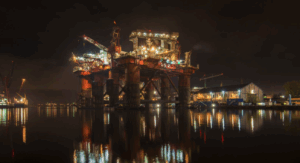
Oil Rig Parts Maker Nearly Completely Abandons Operations Due To ‘cult of carbon’
The UK is getting left behind as the decimation of our industry continues under the banner of net zero. When we realise we don’t need any of this and claim our true abundant destiny?








